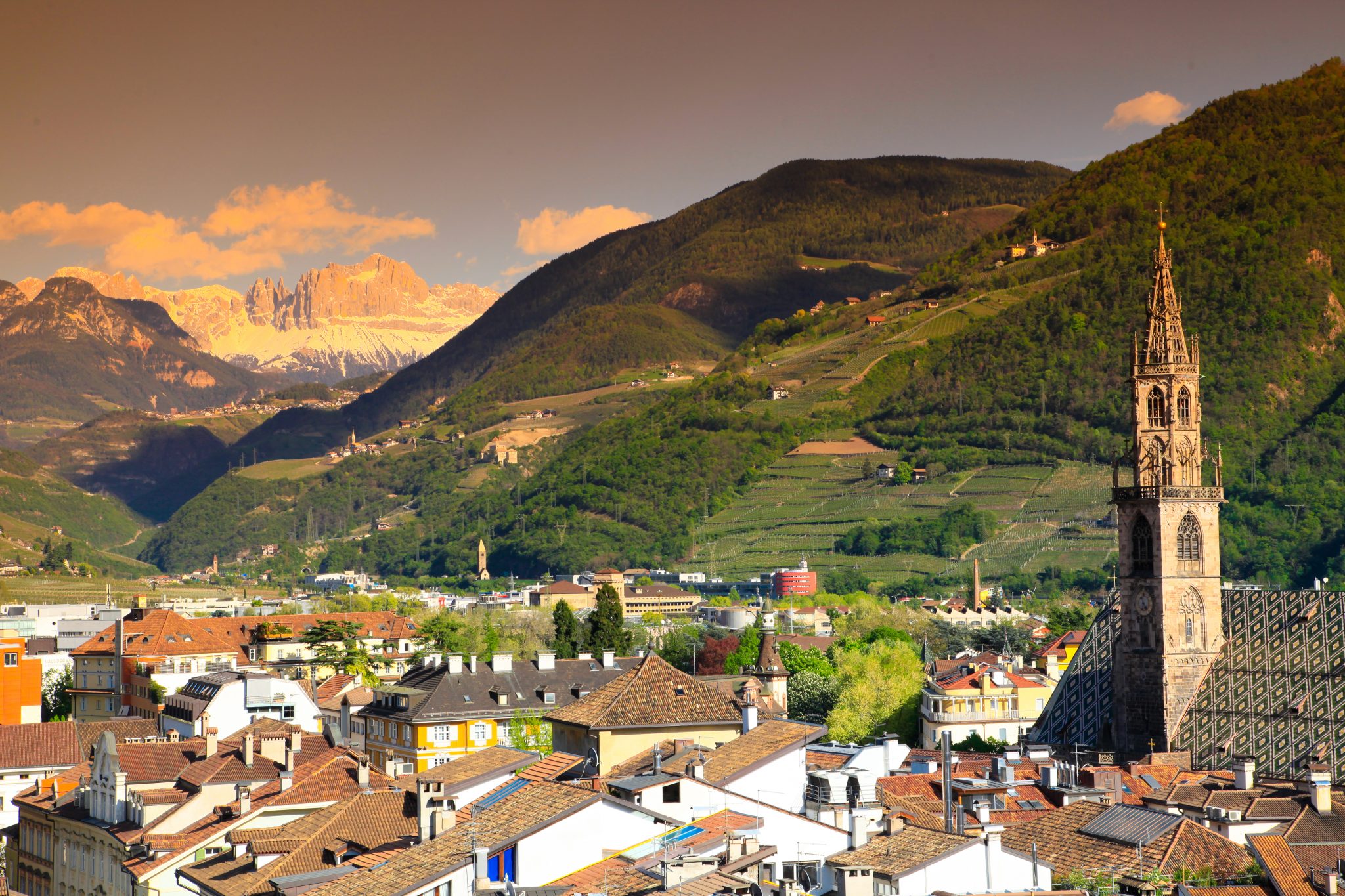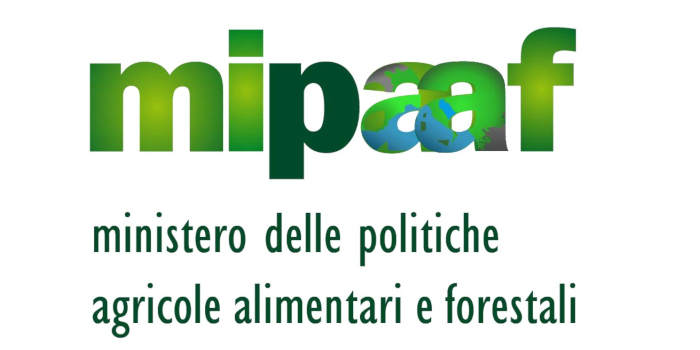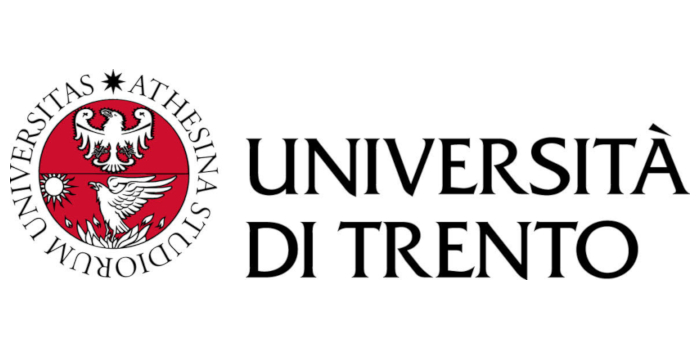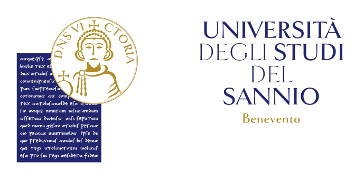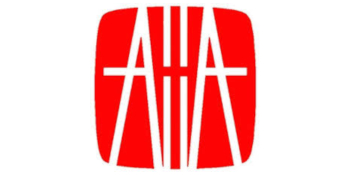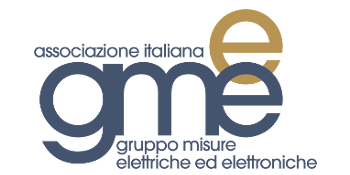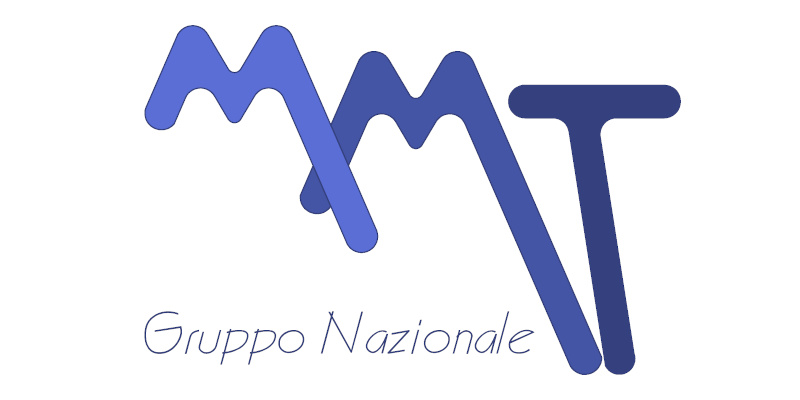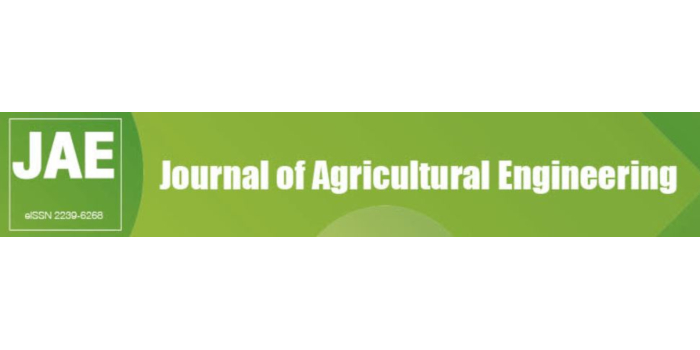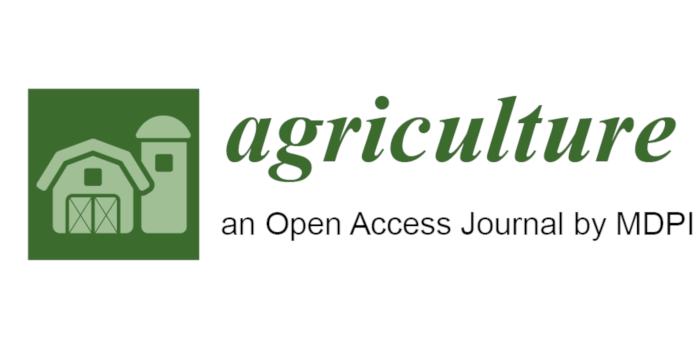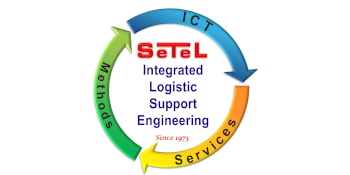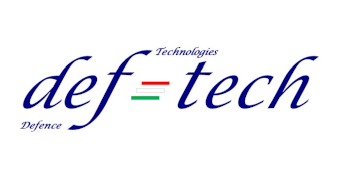Environmental measurements to support precision agriculture
ORGANIZED BY
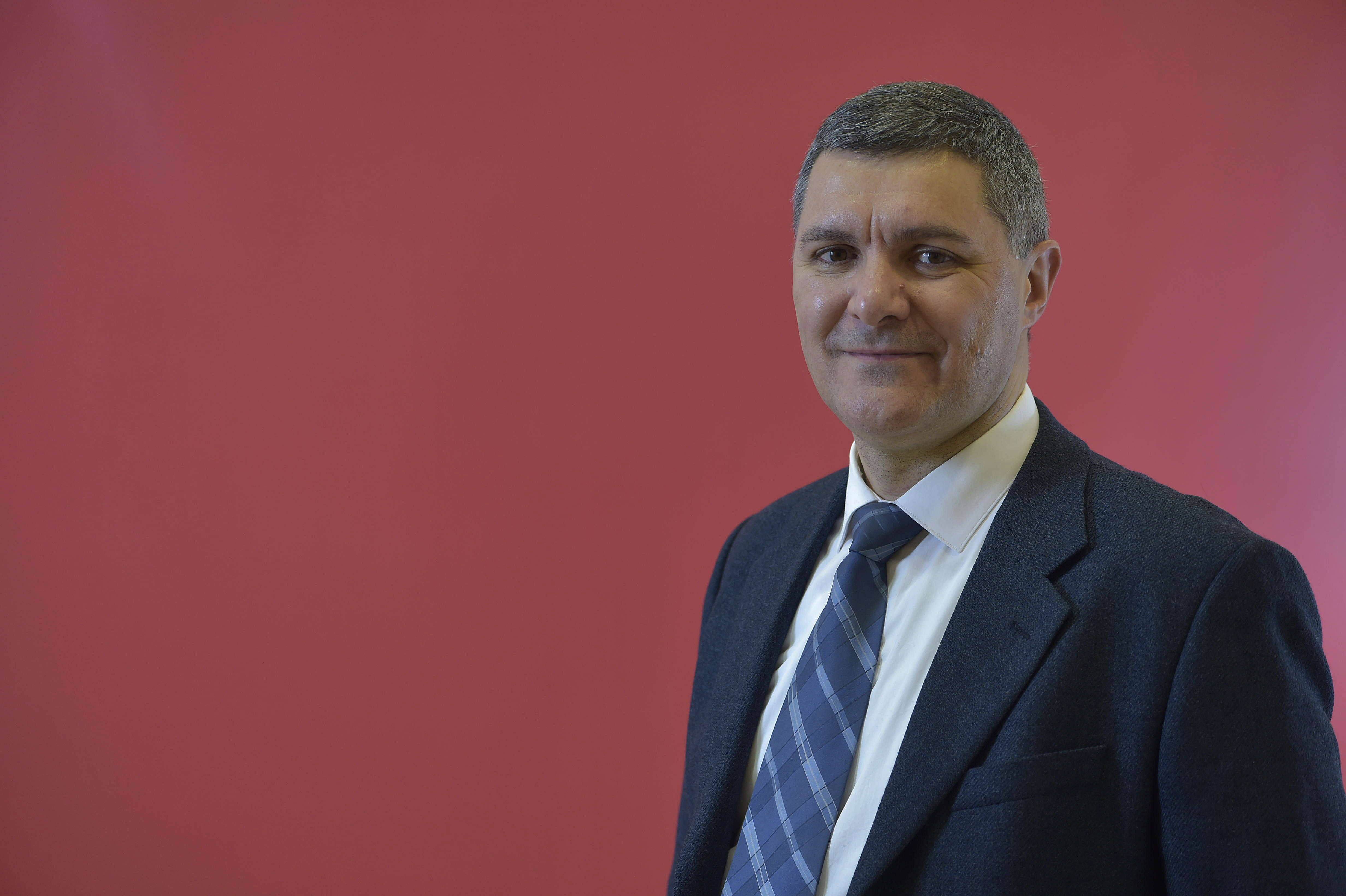
Dino Zardi
University of Trento
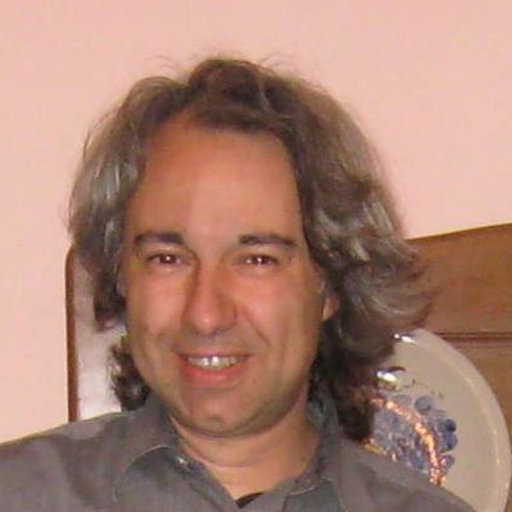
Andrea Merlone
Istituto Nazionale di Ricerca Metrologica
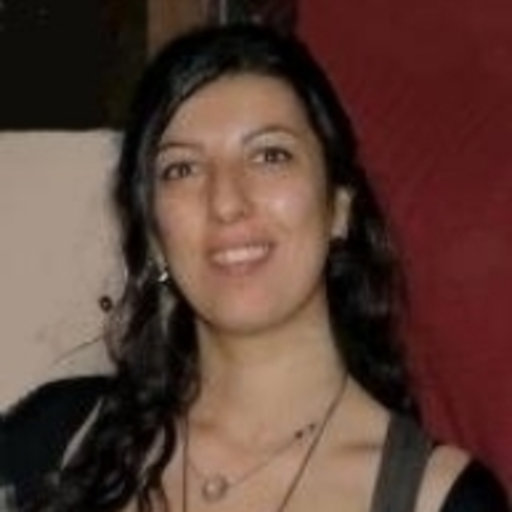
Francesca Sanna
Department of Agricultural, Forest and Food Sciences (DiSAFA) University of Turin
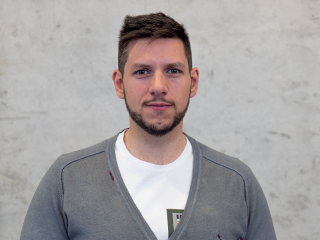
Stefano Tondini
European Academy Bolzano
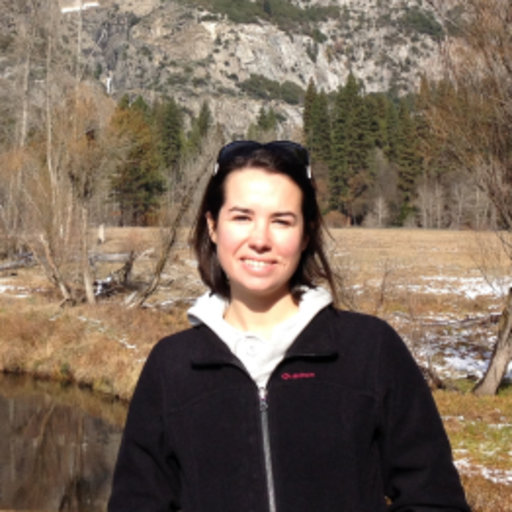
Nadia Vendrame
University of Trento, Cberre Agriculture
ABSTRACT
Improved sensing technologies and monitoring methods are nowadays being developed and promoted for a variety of applications to achieve data quality and context-aware decision making. In agriculture, the growing demand for achieving a sustainable farming and improving the quality of productions pose several technical and scientific challenges to measurement systems. Indeed, accurate and precise monitoring of several variables is required to characterize the environmental conditions influencing the growth of crops and governing the exchanges of mass and energy between the canopy and the atmosphere. This special session aims at combining metrological issues (such as calibration of sensors, improved field measurement techniques, on-site assessed data traceability, heterogeneous data integration/fusion) and environmental measurements (in-situ, proximal and remote sensing) to support decisions and policies aiming at improving the productivity, efficiency quality, and sustainability of agriculture, especially under climate change.
TOPICS
Topics include, but are not limited to:
- Development, application and demonstration of innovative sensor and systems to support precision agriculture;
- Metrology, quality assurance, sensors and measurement techniques, standardisation;
- Novel approaches to characterize soil, plants and atmospheric conditions;
- Data-aggregation, data-fusion and quality check techniques to support big-data analysis and decision-making system;
- Disseminating techniques, methods and developing procedures for the calibration of air temperature, air humidity and precipitation sensors;
- Meteorological measurements to assess plant and soil status, mapping and monitoring;
- Agrometeorological networks to support local agriculture;
- Characterization of microclimatic conditions to improve yield quality and optimize the use of agricultural input;
- Earth observation data products and services for sustainable management of natural resources (agriculture, forestry, nature protection);
- Autonomous sensors/actuators, IoT platforms, data/event management frameworks, cloud processing engines, big data algorithms and artificial intelligence, webGIS and visualization tools.
Keywords: Precision agriculture; Metrology; Calibration; Data traceability; Plant, air and soil measurement sensors networks; Decision support systems; Agrometeorological networks; Plant-atmosphere interactions; Proximal (UAV), pseudo-satellites and remote sensing; multi-time/multi-scale observation; natural hazard monitoring; phenology, hydrology, carbon fluxes; hyperspectral imagery for soil and vegetation; non-destructive analyses; water management/use efficiency; real-time data analysis; real-time event processing; context-aware information systems.
ABOUT THE ORGANIZERS
Dino Zardi is full professor of Atmospheric Physics at the University of Trento (Italy), where he works since 1995. He got a degree in Physics cum laude from the University of Bologna (1991) and a PhD in Hydrodynamics from the University of Genova (1995).
His research interests focus on boundary layer processes over complex terrain and their implications on air quality, agriculture, renewable energy resources, and climate change impacts.
He is author or co-author of 60+ papers published on peer-reviewed international scientific journals
He is also Director of the MSc programme in Environmental Meteorology, President of the Italian Association of Atmospheric Sciences and Meteorology (AISAM) and Co-Chief Editor of the journal Meteorological Applications.
Andrea Merlone primo ricercatore presso l’Istituto Nazionale di Ricerca Metrologica, attualmente presiede il gruppo
mondiale di metrologi esperti in misure termiche per il clima. Ha lanciato e coordinato la serie di
progetti europei “MeteoMet” che, con un consorzio di oltre 20 nazioni, hanno svolto ricerche mirate a
migliorare la qualità dei dati in meterologia e climatologia. E’ attualmente delegato presso la World
Meteorological Organization delle Nazioni Unite, nelle commissioni di climatologia e strumenti. Serve
in diversi comitati internazionali come esperto in misure per il clima e come editor di riviste scientifiche.
Ha ideato e promosso serie di conferenze e workshop a carattere internazionale. Ha all’attivo 70
pubblicazioni di rilievo, partecipazione e invited lectures a congressi internazionali.
Francesca Sanna is a postdoc fellow at the University of Torino, she got a degree in Plant Biotechnology cum laude in 2011 and a PhD in Metrology for Agrometeorology in 2018 at the Department of Agricultural, Forest and Food Sciences at the University of Torino. She worked for the CNR in the Metrology for Environmental Parameters project in collaboration with INRiM. Her research interests focused on metrology for agriculture, improvement of forecasting models, agrometeorology and precision agriculture. Currently she is working in European projects for the sustainability, bioeconomy, digitalisation and renewable energy in agriculture. She is a member of the editorial board of the journal Sustainability.
Stefano Tondini was born in Trento, Italy, in 1987. He received the B.S. degree in Physics and the M.S. degree in Experimental Physics from the University of Trento, Trento, Italy, in 2010 and 2013, respectively. He got the Ph.D. degree in Physics and Nanoscience (Maxima cum Laude) at the University of Modena and Reggio Emilia, Modena, Italy, in 2017.
In 2015 he has been visiting research fellow at the Indian Institute of Technology in Kharagpur (India).
From 2017 to 2018 he has been postdoctoral fellow at the Industrial Engineering Department of the University of Trento on secondment to the local entrepreneurial association Confindustria Trento.
From 2019 on, he is with Eurac Research as senior researcher, first at the Institute for Earth Observation, and now at the Center for Sensing Solutions.
In 2019 he has been visiting researcher at the Afromontane Research Unit at the Free State University of South Africa and at the Institute of Water and Energy Sciences of Pan African University in Algeria.
His current research interests includes: integrated photonics, wireless sensor networks, IoT communication protocols, context-aware information systems, AI driven calibration methods for low-cost sensors, air-quality monitoring and water management systems, IPRs and technology transfer.
Dr. Tondini is SPIE member. AICA and Rotary has awarded him for the best Ph.D. thesis on Computer Ethics in 2017. He got a top-scored oral presentation at the OFC 2018 in San Diego (US).
Nadia Vendrame is a researcher at the Center Agriculture Food Environment (C3A) of the University of Trento and Edmund Mach Foundation. In 2017, she earned a PhD in Crop Science at the Department of Agronomy, Food, Natural resources, Animals and Environment (DAFNAE) of the University of Padova, where she conducted research as postdoc until August 2018. In 2015, she was visiting scholar at the University of California, Davis (USA). From September 2018 to August 2019, she joined the scientific staff of the Ecosystem Thematic Centre (ETC) of the EU research infrastructure Integrated Carbon Observation System (ICOS) at the Division on Impacts on Agriculture, Forests and Ecosystem Services (IAFES) of the Euro-Mediterranean Center on Climate Change (CMCC) in Viterbo as responsible for meteorological measurements within the ICOS ecosystem network.
Her research interests focus on the study of vegetation-atmosphere interactions, with particular attention to the microclimate and carbon and water budget of agricultural canopies. She conducted long-term and intensive field campaign measuring carbon, water and sensible heat fluxes applying micrometeorological techniques (eddy covariance and scintillometry). She also investigated canopy turbulent transport mechanics in vineyards, collecting high-frequency turbulence measurements with a vertical array of 3D sonic anemometers.

